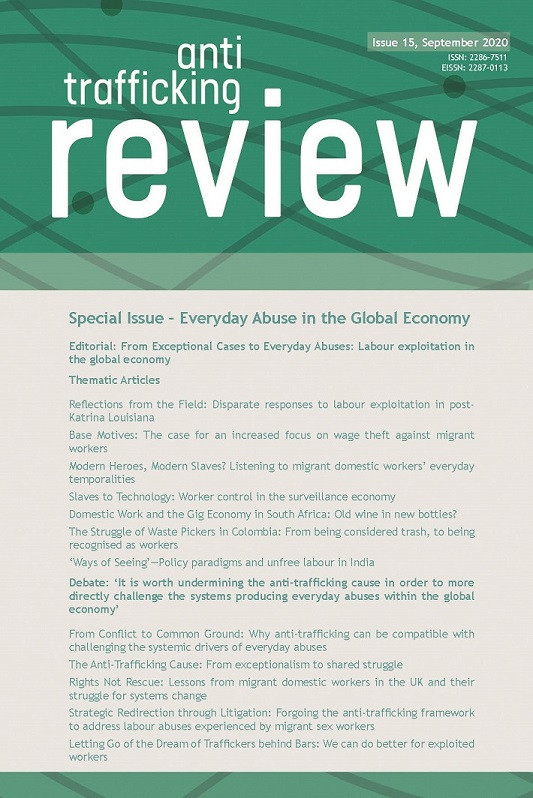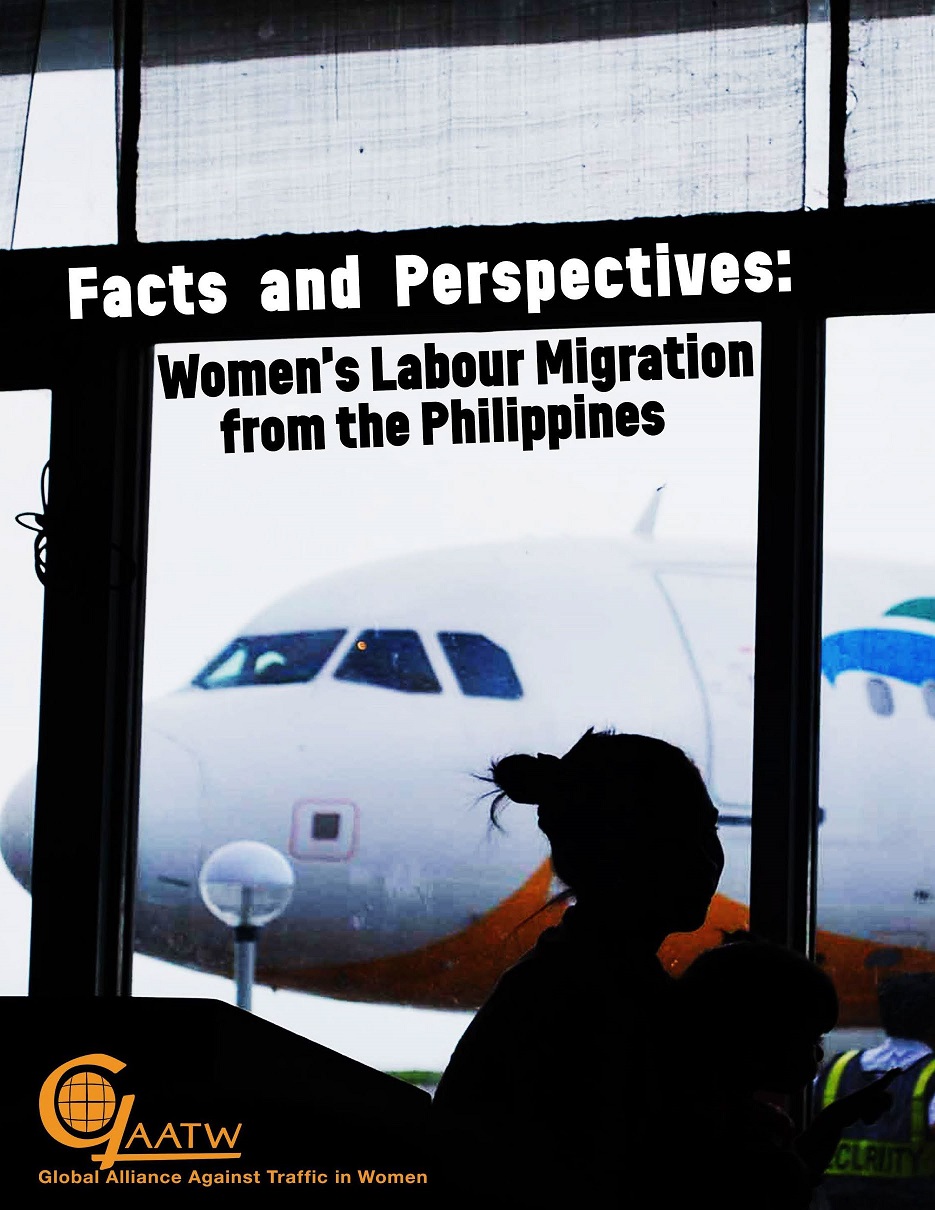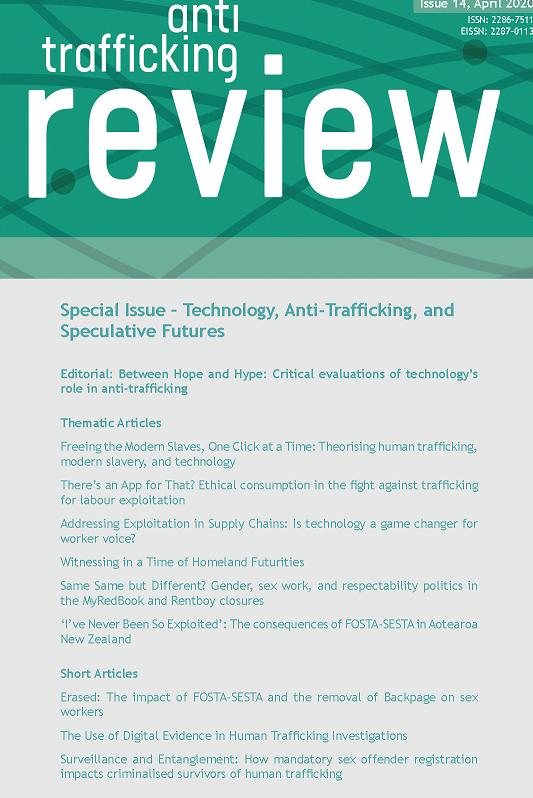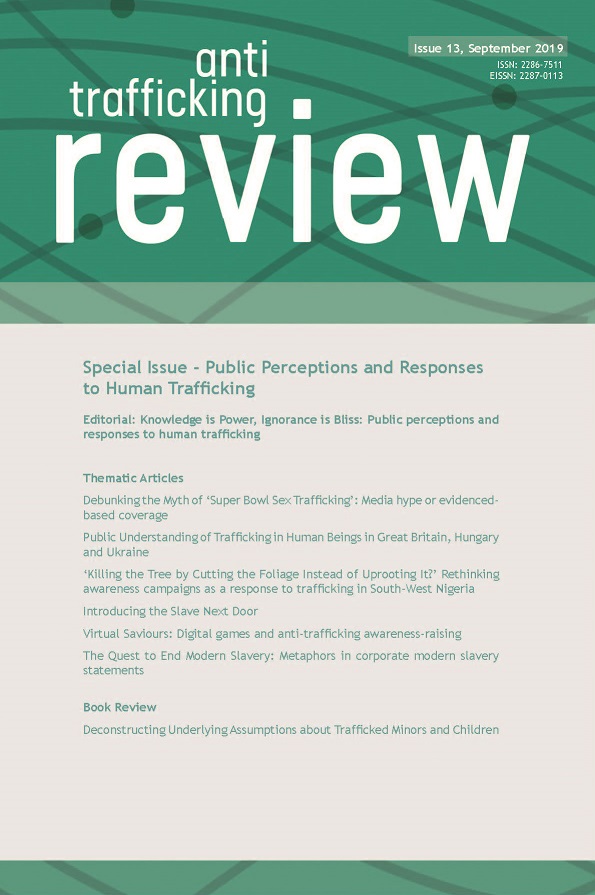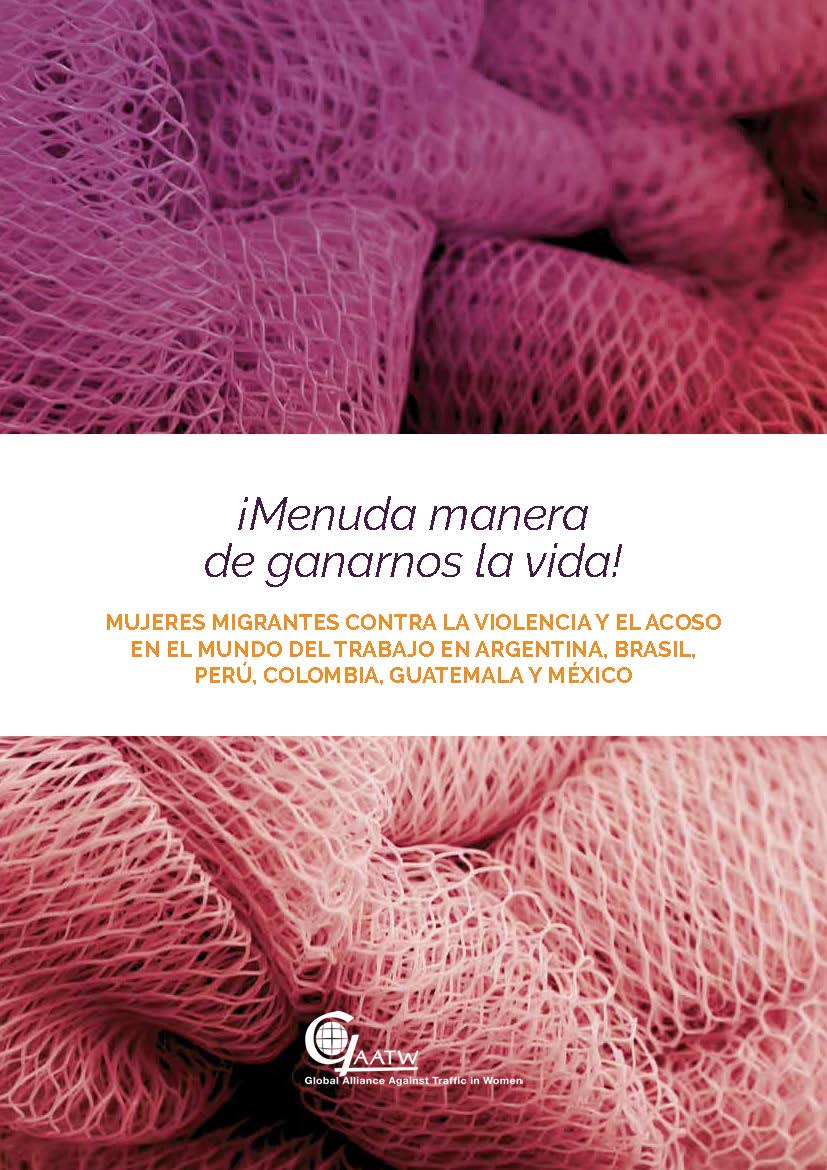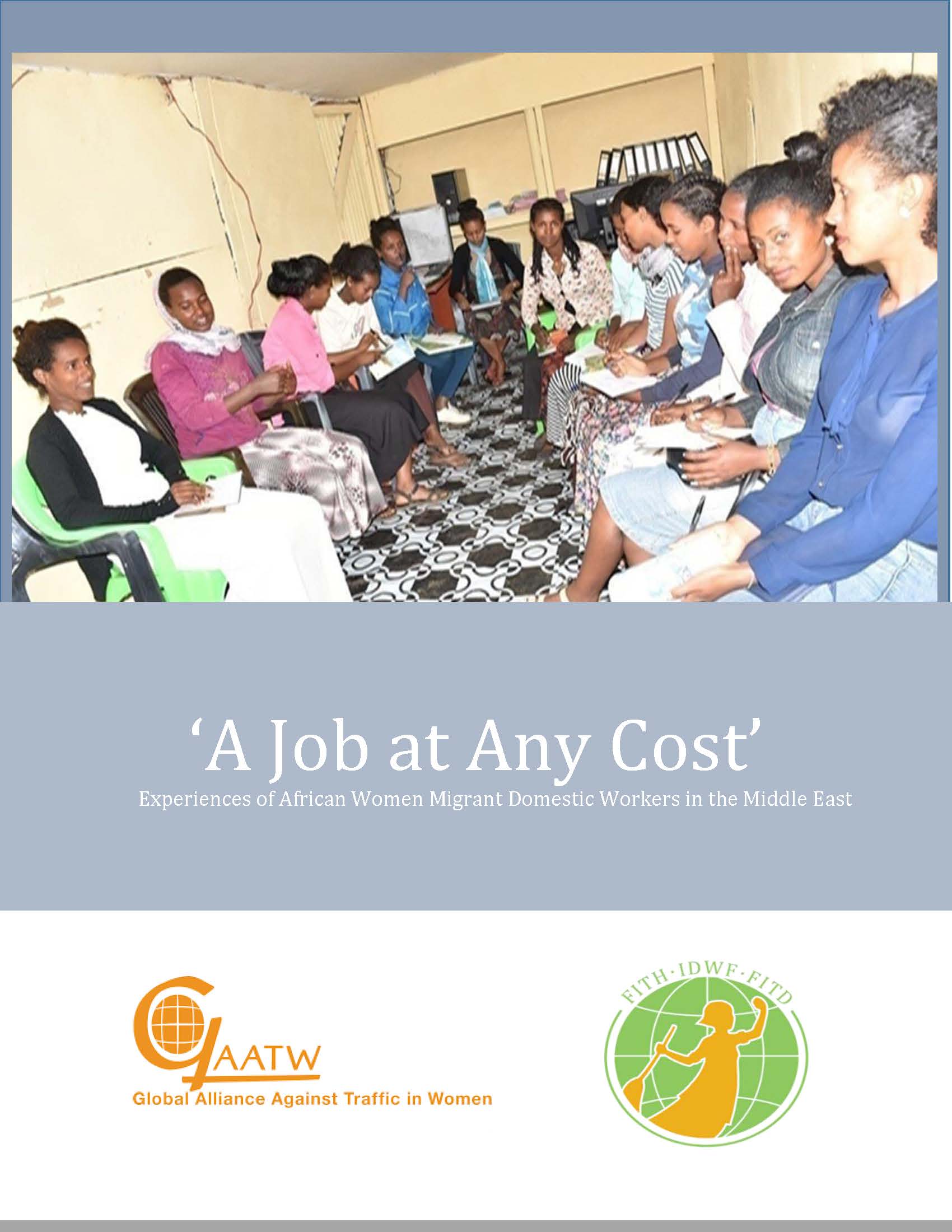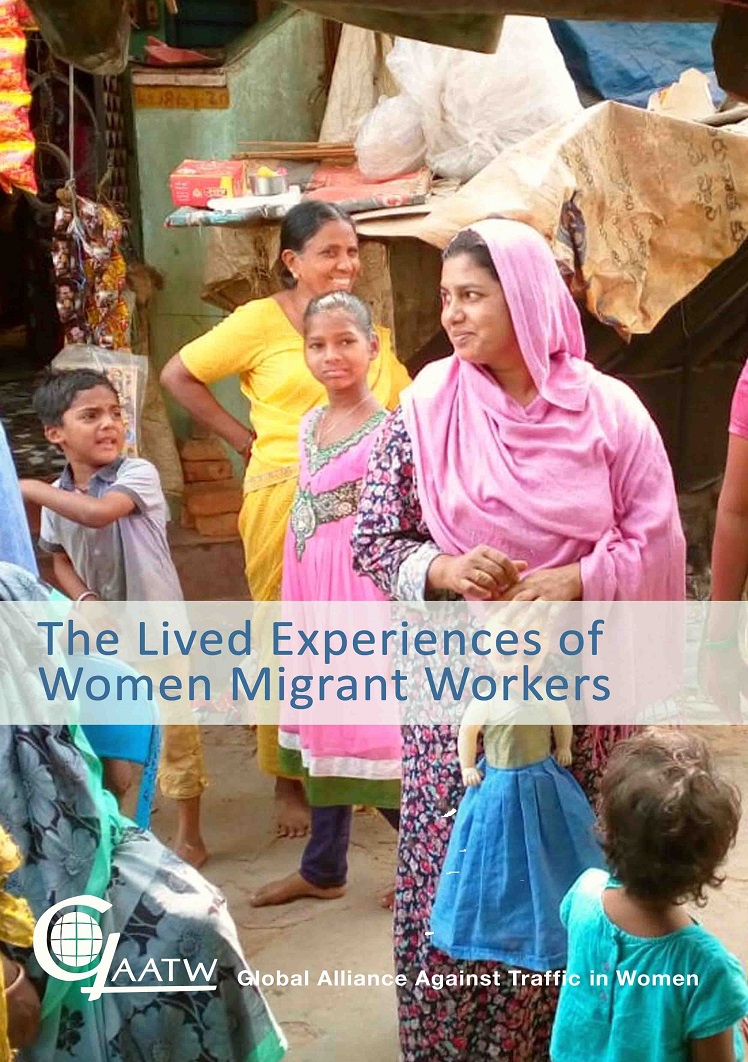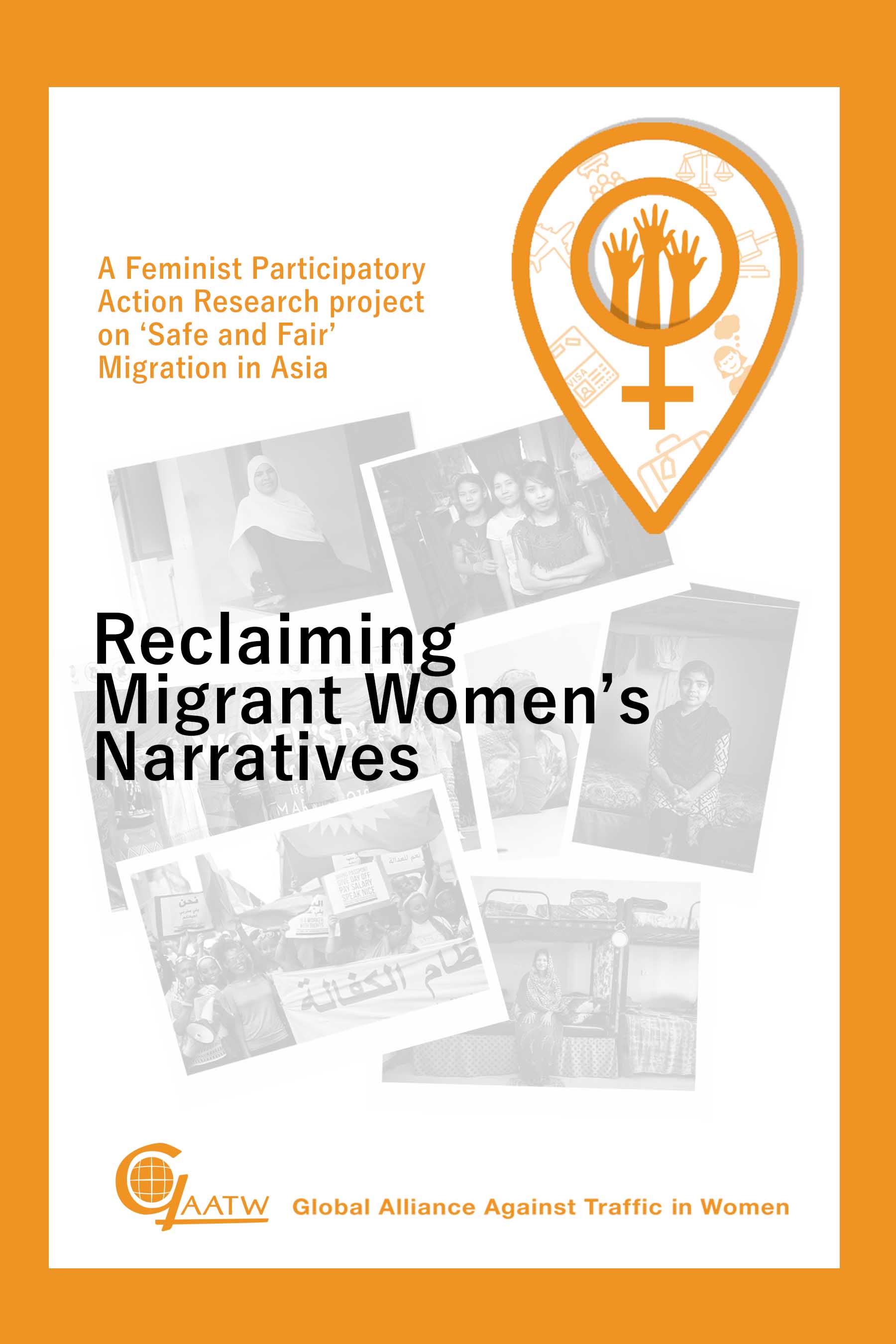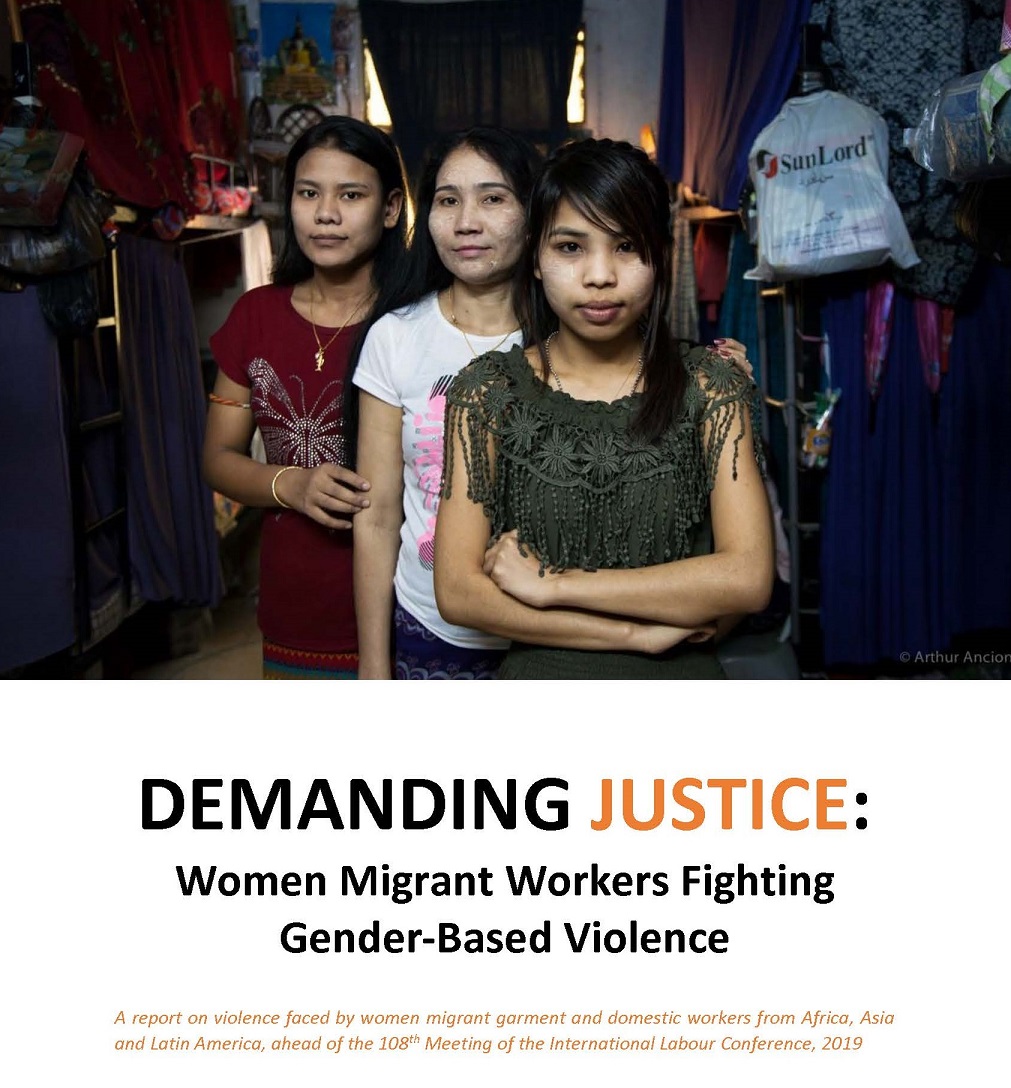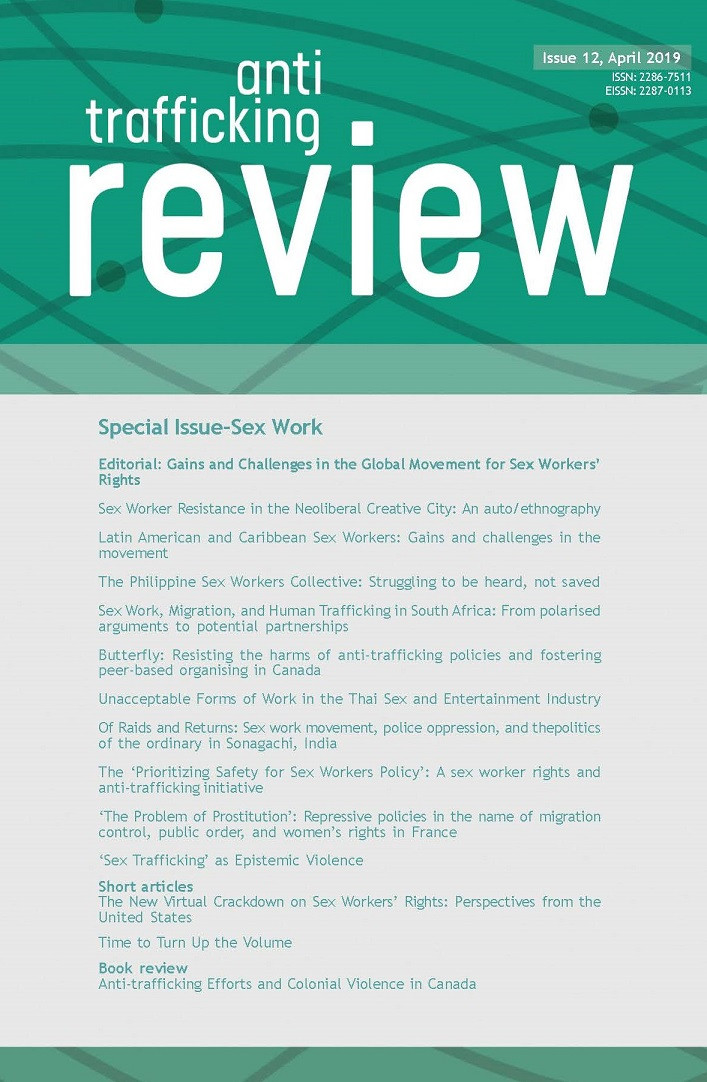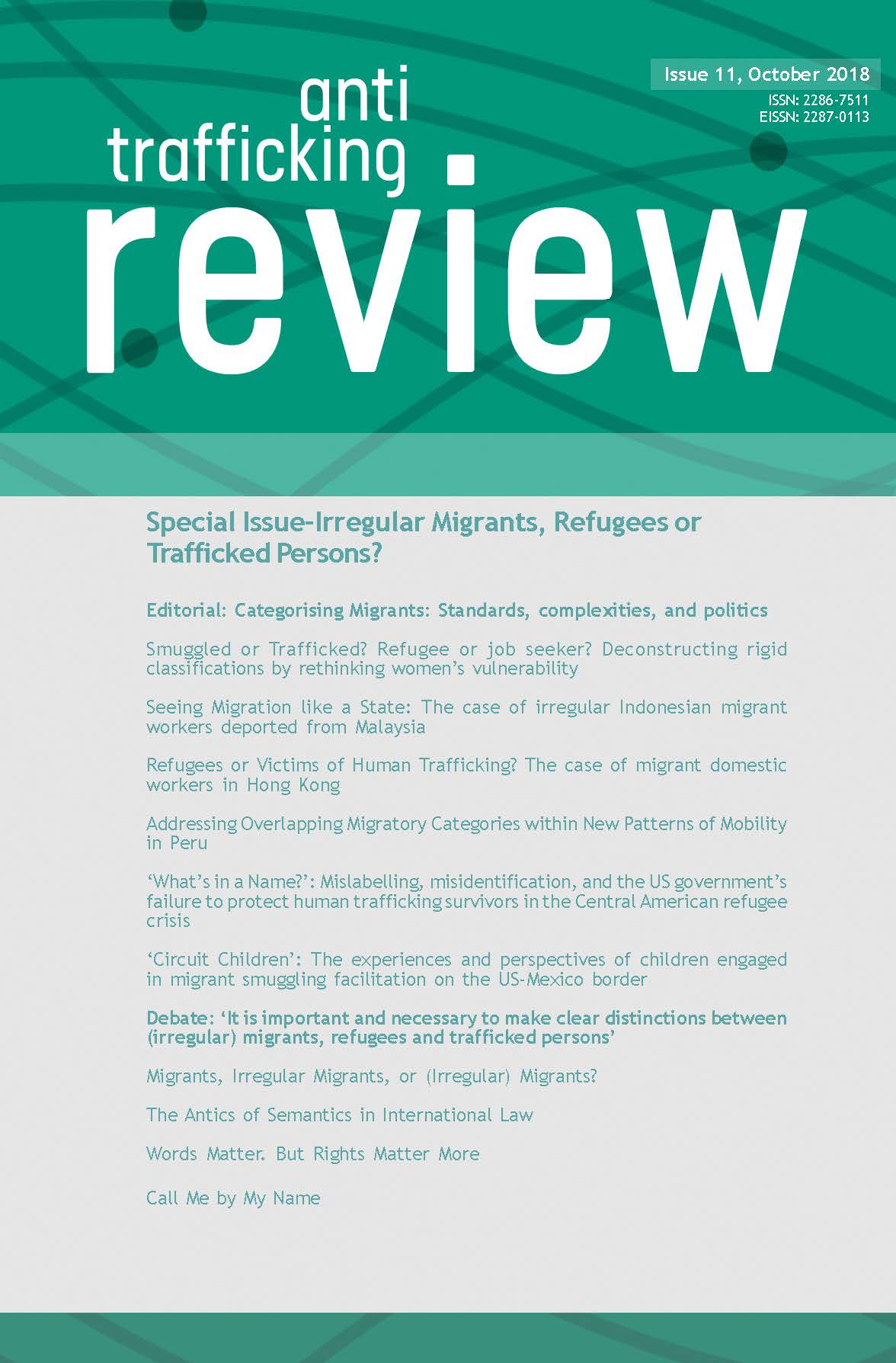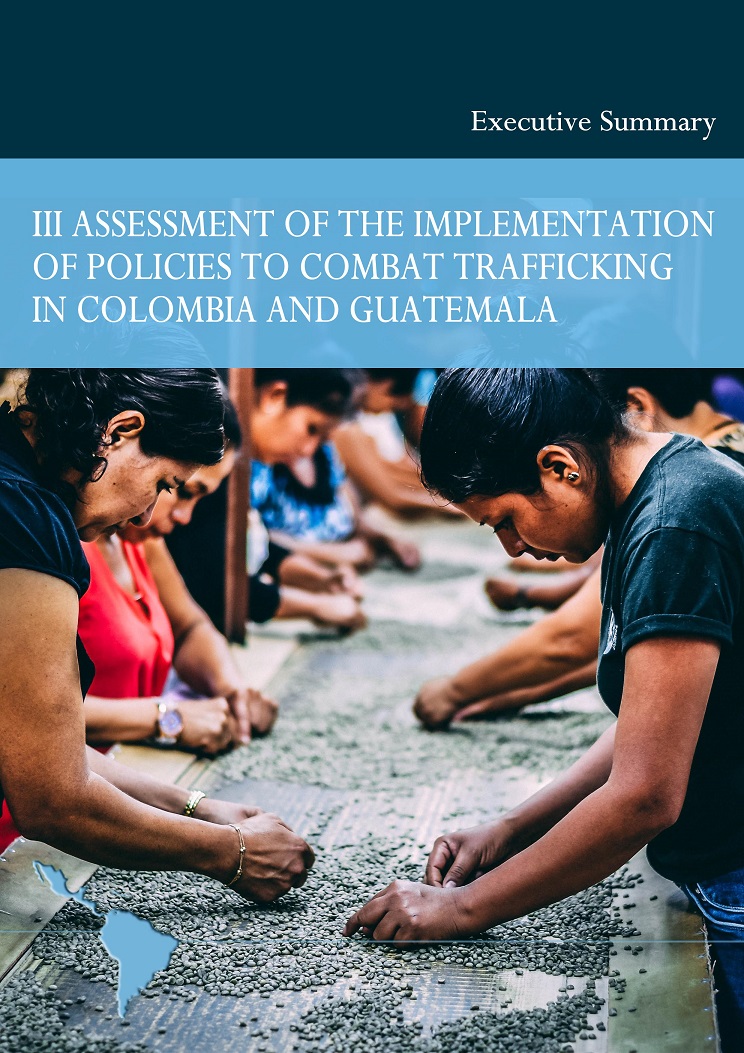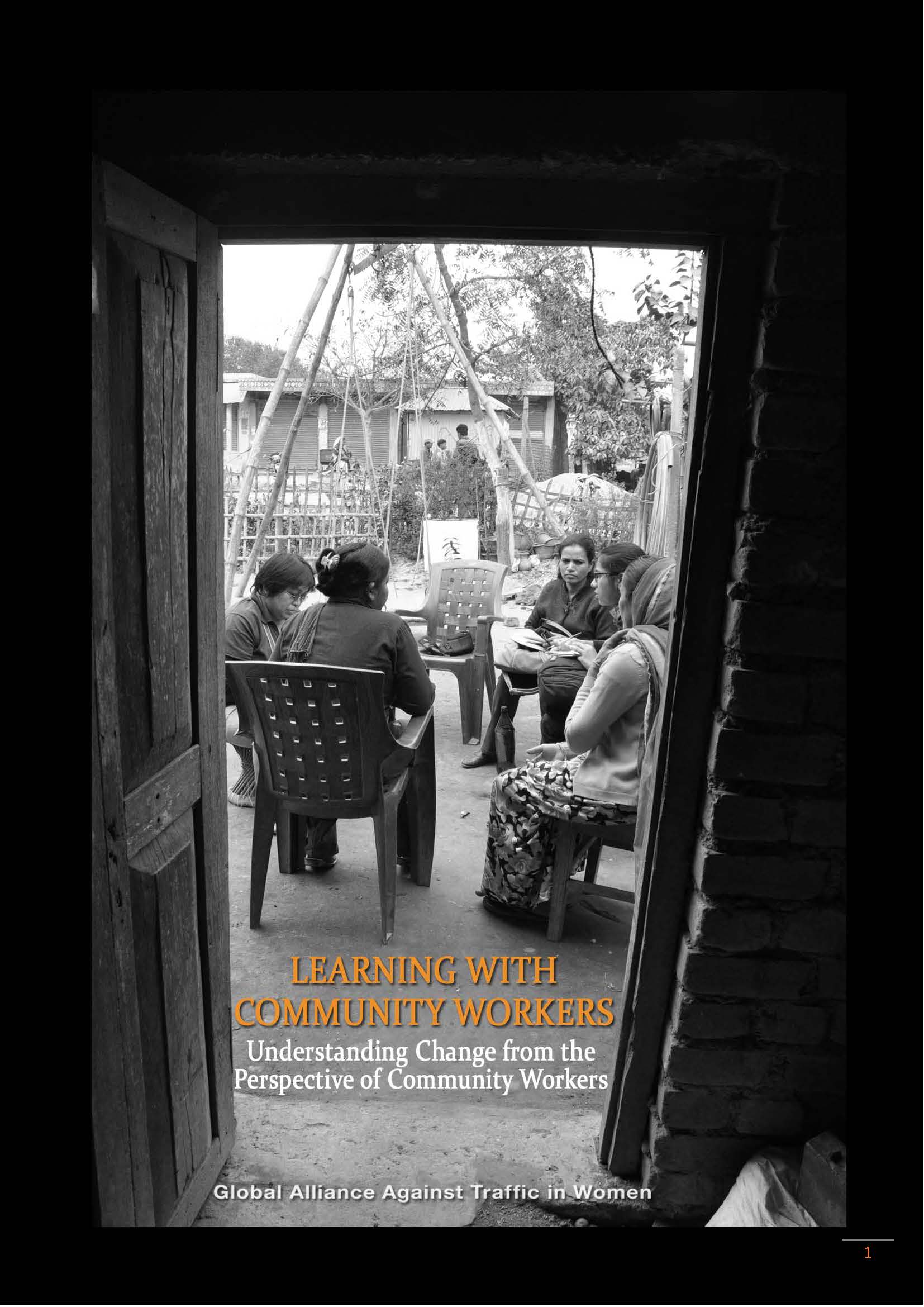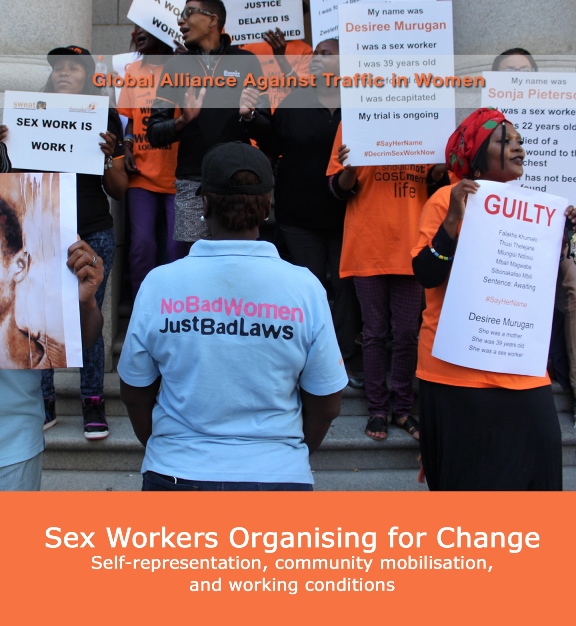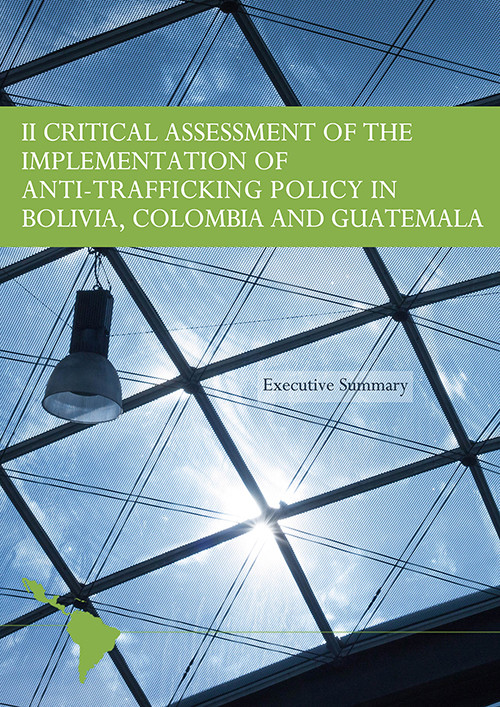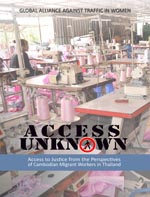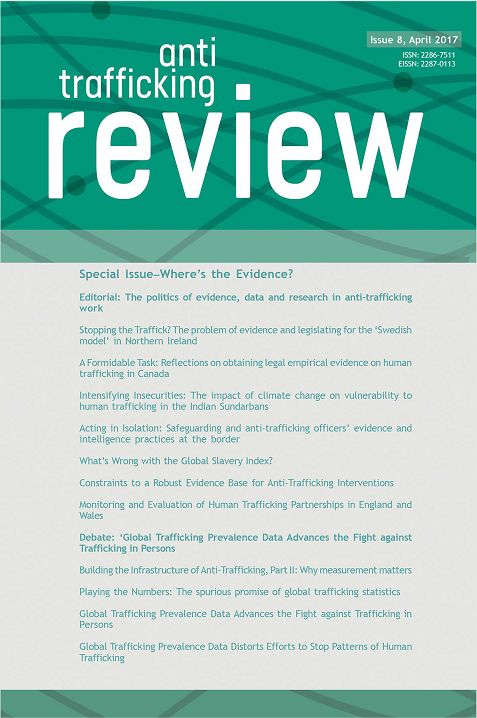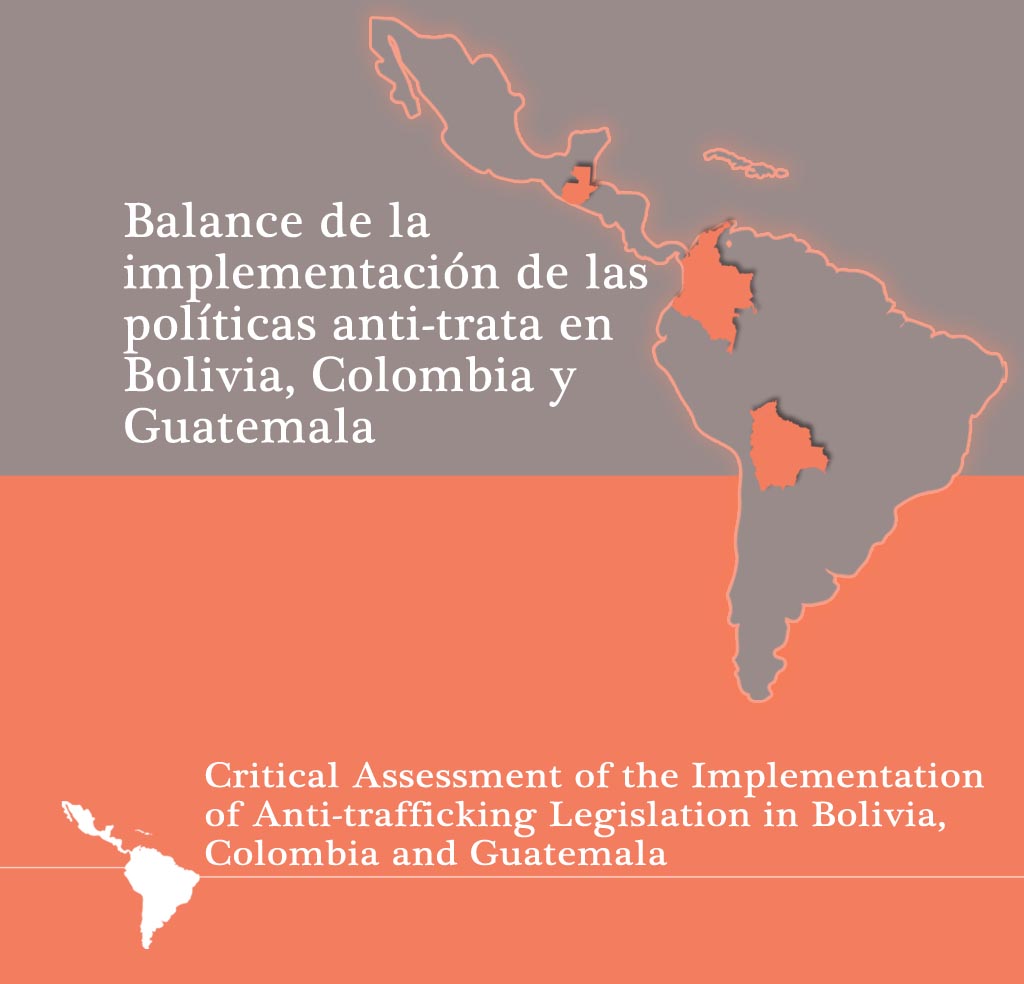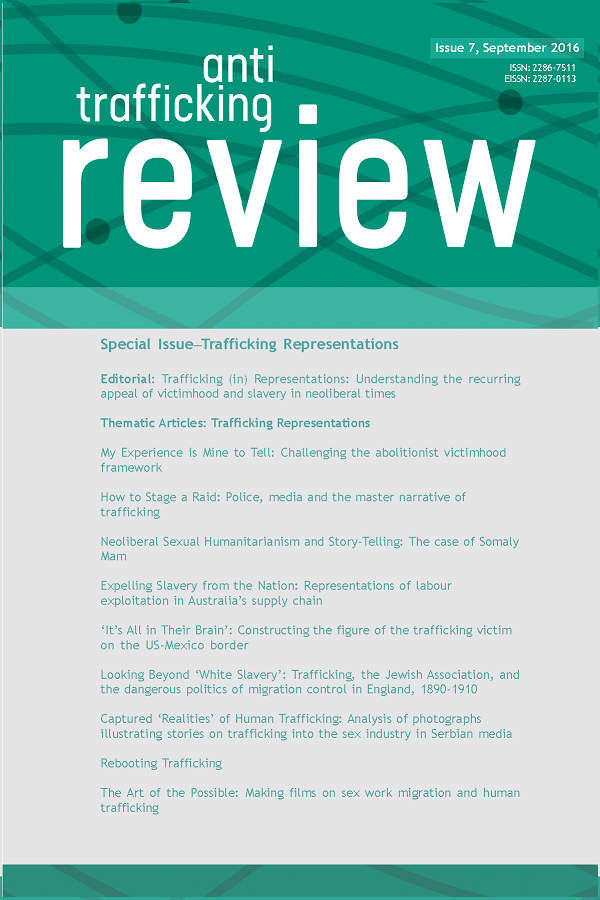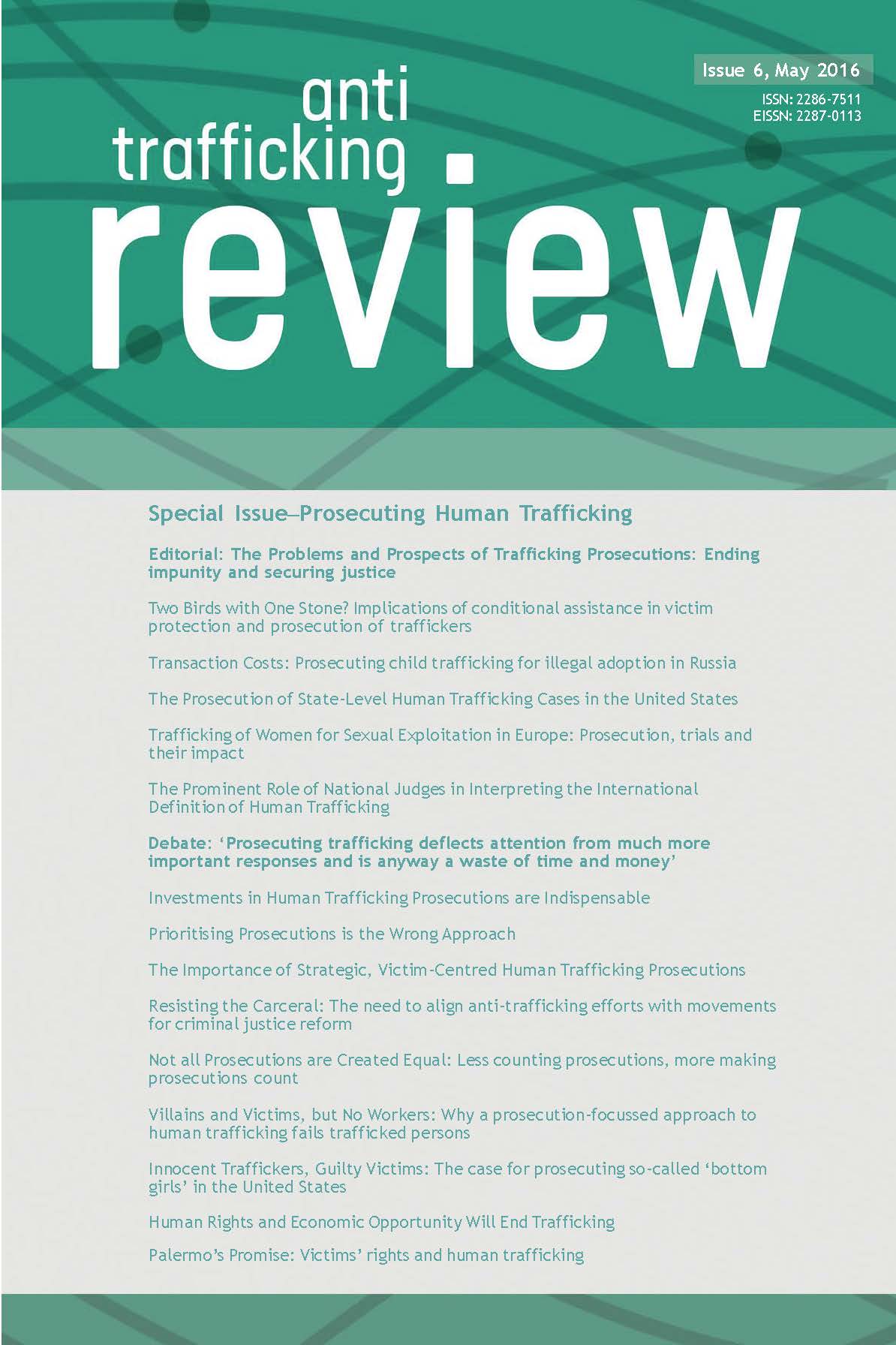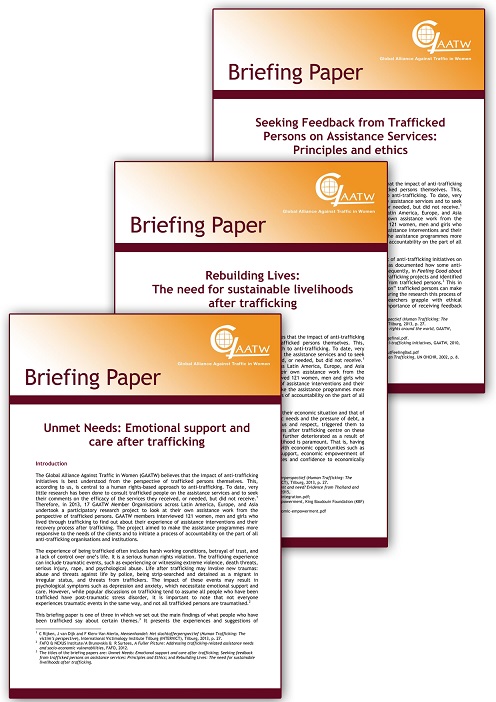How inflation in Mexico is pushing sex workers into destitution
 Like other countries, Mexico is facing high inflation, as the consumer price index reached 8.7% in September, the highest level in 22 years. The high prices of goods and services will continue for the rest of the year, according to estimates by the Bank of Mexico. Inflation of course affects all sections of the working population, but how is it impacting sex workers in particular? Our member Brigada Callejera held a workshop to understand how sex workers are coping with this financial crisis.
Like other countries, Mexico is facing high inflation, as the consumer price index reached 8.7% in September, the highest level in 22 years. The high prices of goods and services will continue for the rest of the year, according to estimates by the Bank of Mexico. Inflation of course affects all sections of the working population, but how is it impacting sex workers in particular? Our member Brigada Callejera held a workshop to understand how sex workers are coping with this financial crisis.
In the workshop, sex workers shared that their economic situation now is even worse than during the Covid-19 lockdowns. Food prices have risen markedly. Eggs, meat, potatoes, limes, tortillas, and other basic products are often impossible to afford.
Montse, a trans sex worker, said, “I feel destitute at this time of inflation”. Her cupboard and refrigerator have been empty for months. Before the pandemic she would buy groceries regularly. Inflation has caused the expenses for her basic needs to increase every day. She no longer has a reserve pantry or sack of food for her pets. Transgender sex workers are often stigmatised as earning a lot of money through sex work, but Montse points out how this is a hollow assumption, given her current situation. The increase in hotel prices where they carry out their work has also impacted Montse and other sex workers. In less than a year the cost of hotel rooms rose from 120 to 150 pesos.
The last three years have had a devastating impact on the health of the workers but in the face of adversity they have tried to diversify their income sources. Rubí had never faced such a severe economic crisis in her work. “There are no longer any clients, they say they don't have money. This situation has affected my diet because I no longer eat three meals a day, while I wait for a client to arrive. Sometimes I eat just two meals, although it is more frequent that I eat once a day, so as not to spend much money”, Rubí explained in an interview. She has started selling cosmetics to supplement her income. To save expenses, Rubí rents a house between three families for which she has to pay 2,500 pesos. Lately, it’s been difficult for her to collect even that amount. Her health has suffered due to this constant stress. Her daughter also got sick and since she did not have social security, the expenses have increased.
With the reopening of schools, Rubí had to confront inflation even more, because of the steep rise in the cost of school supplies, uniforms, and shoes. Before this economic crisis, Rubí was able to cover her daughter’s school expenses in two days of work; now it takes her 15 days of work to earn the same amount.
The economic situation for Montse, Rubi, and hundreds of women who work in the sex industry has become precarious, given the lack of income. The support provided by organisations like Brigada Callejera, such as food and other essentials, has been crucial in facing the health crisis and now the economic one.
This has driven home the point that crises are better faced as a community, and through teamwork and collaboration.
(Summarised from reports in Brigada Callejera’s August 2022 zine.)



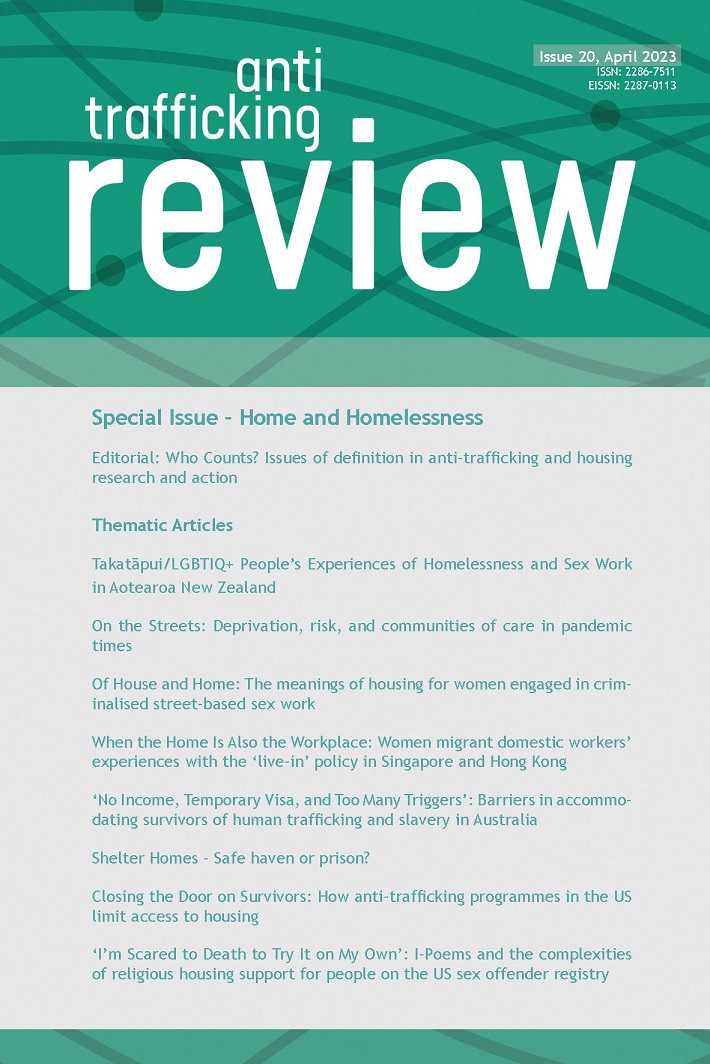
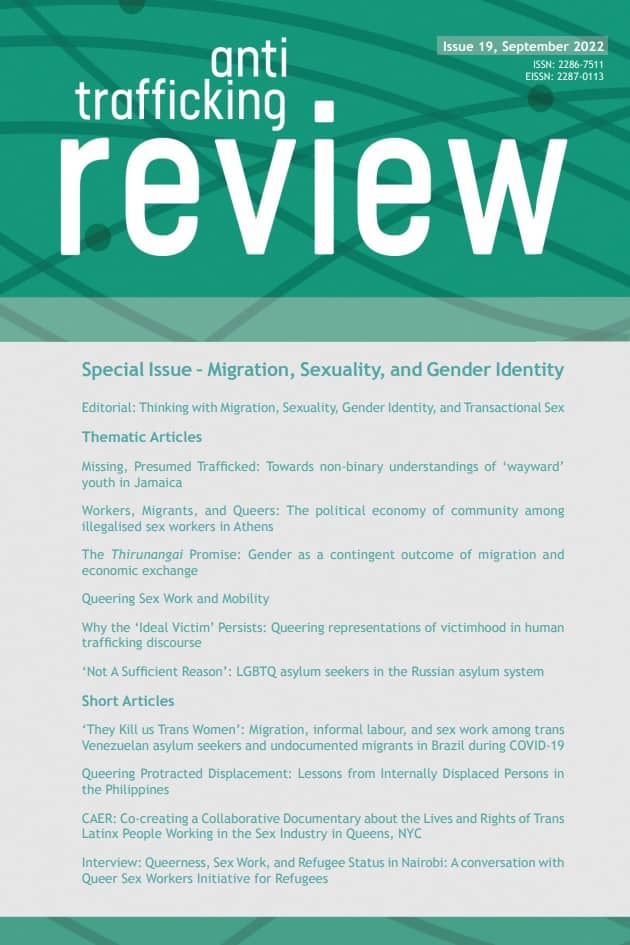
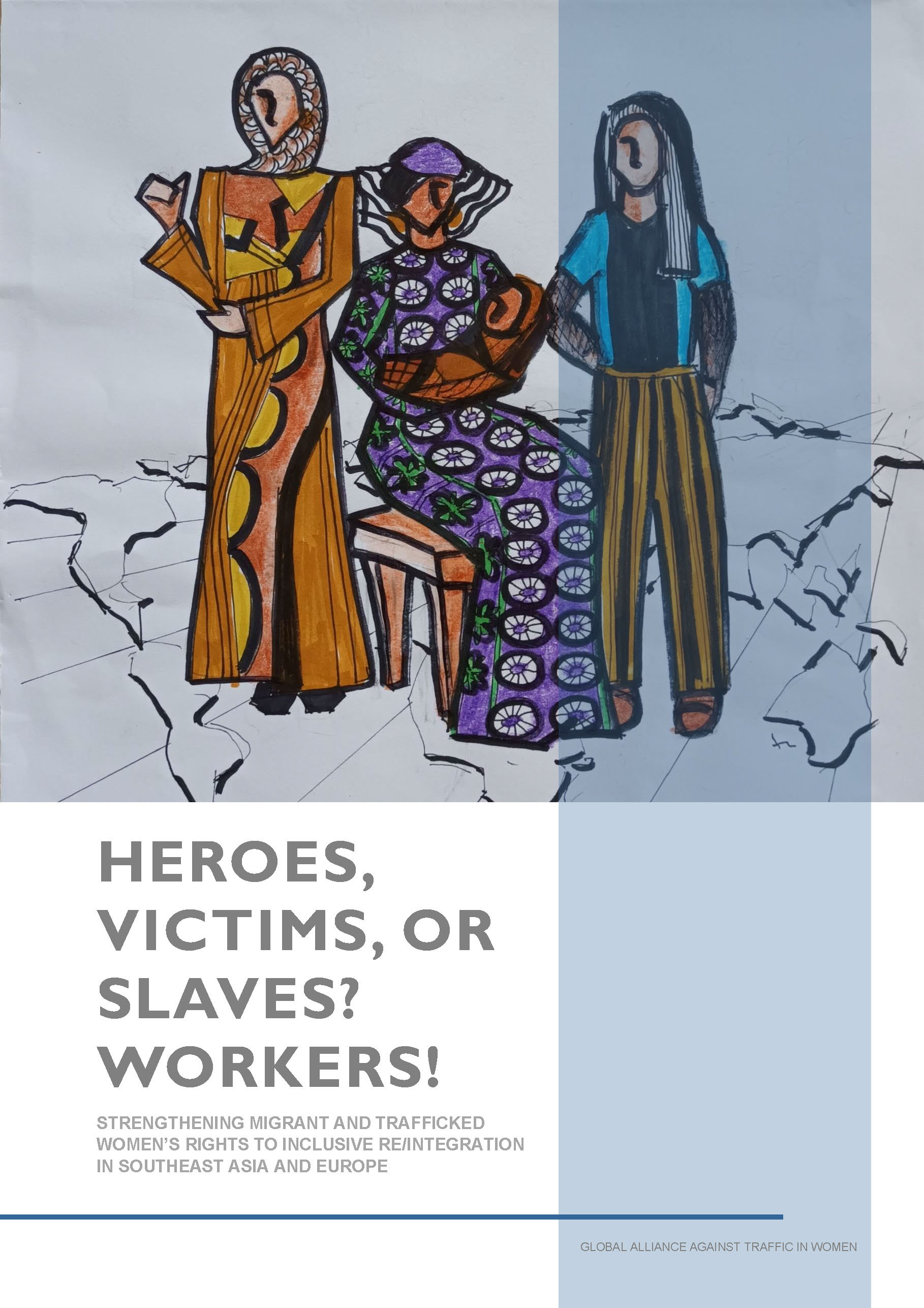
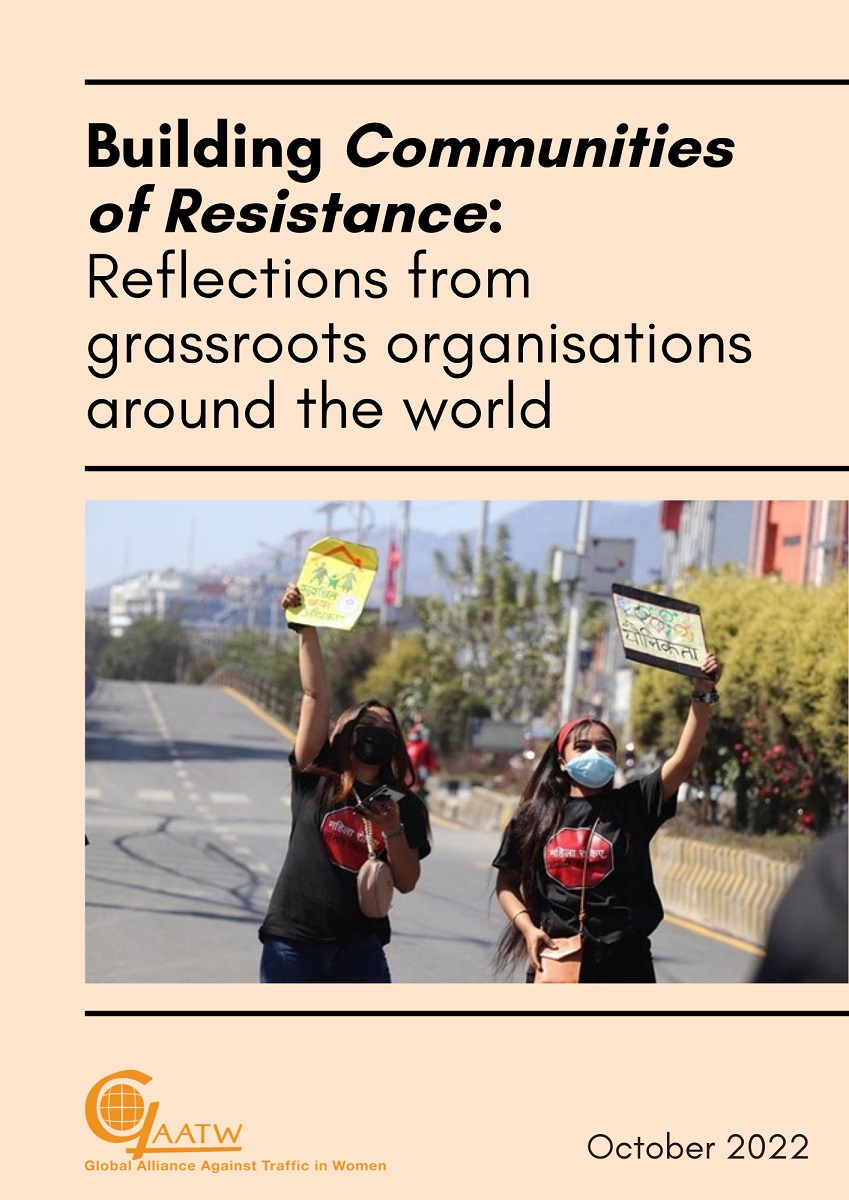
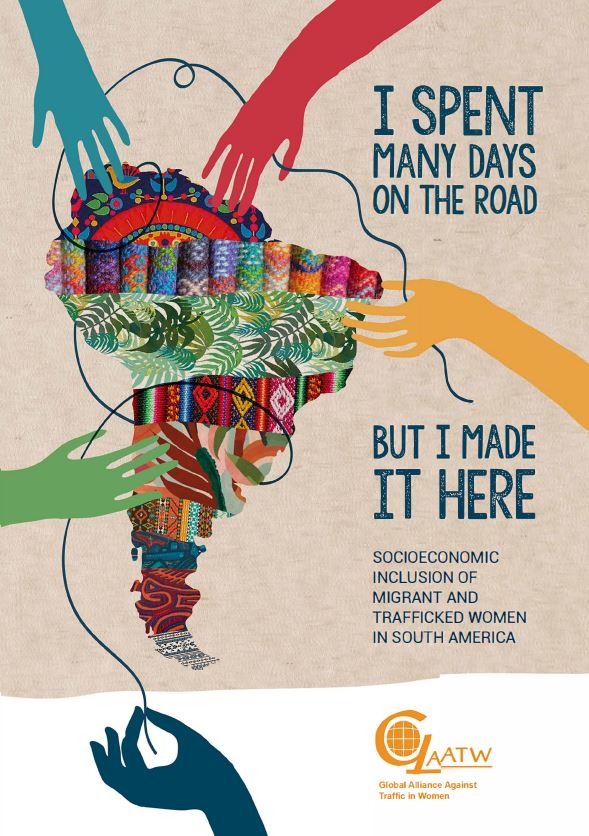
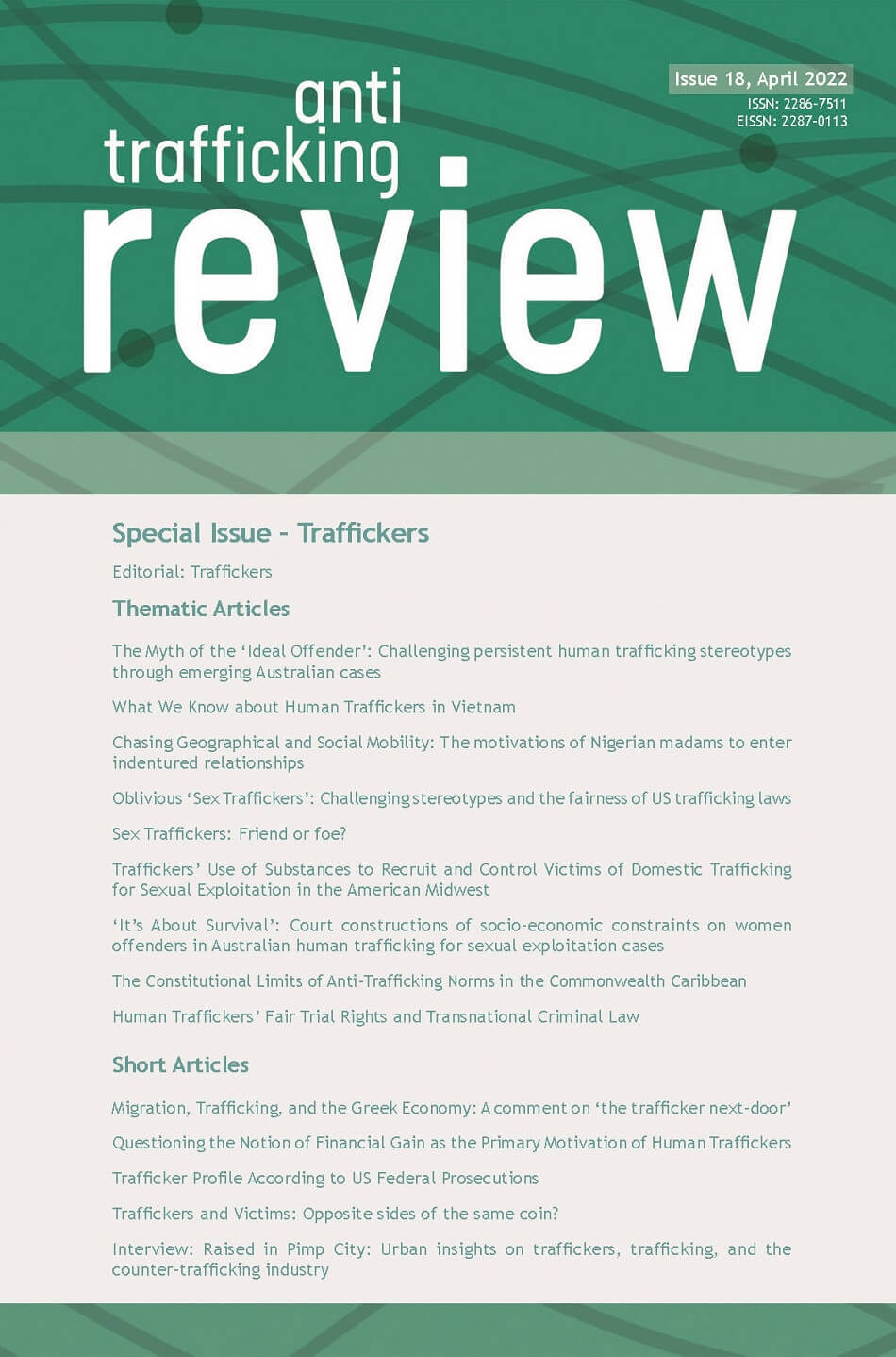
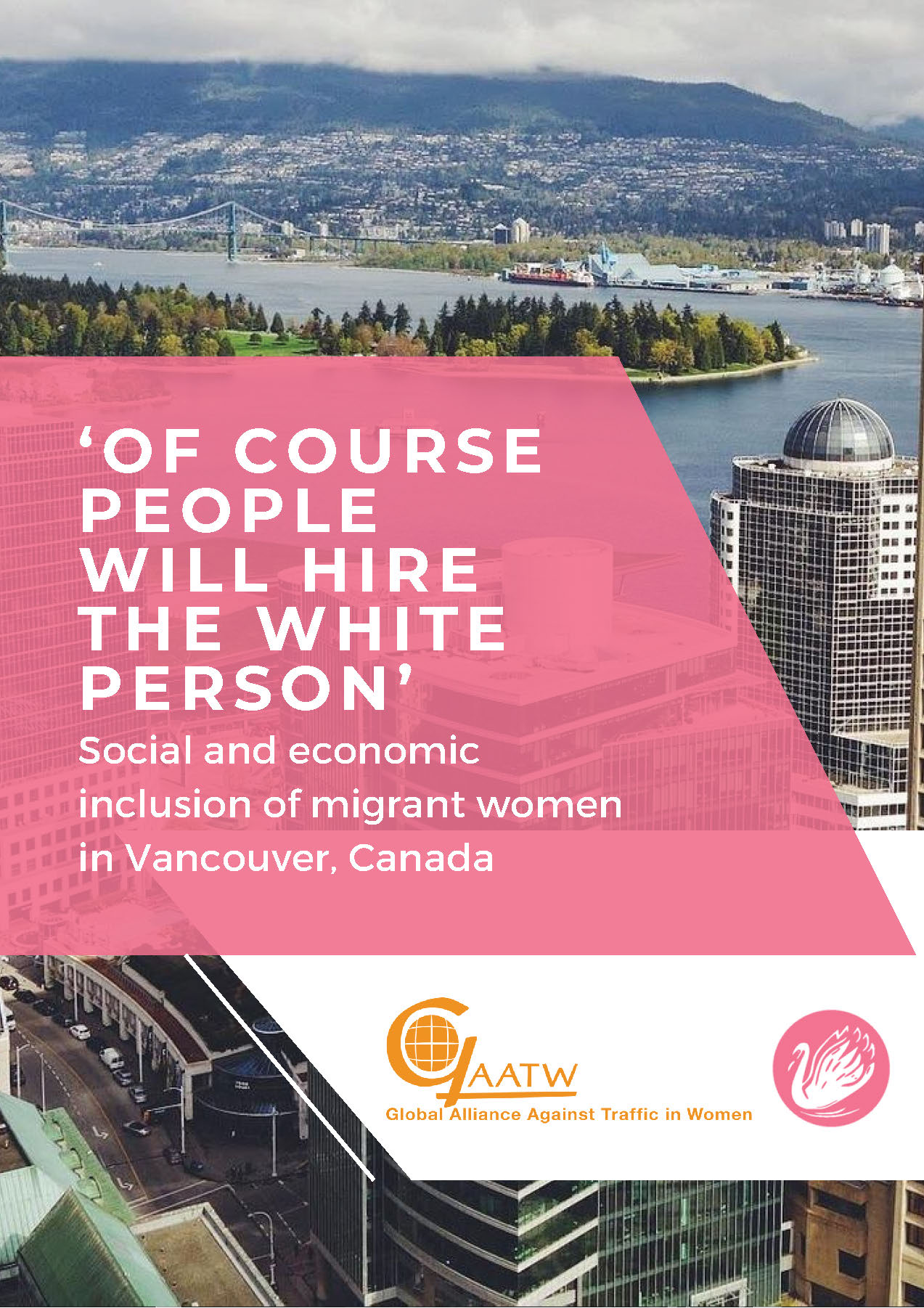
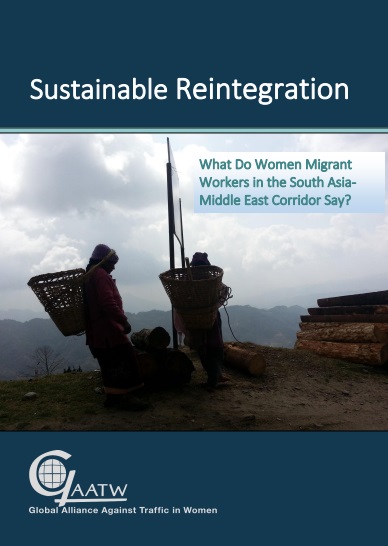
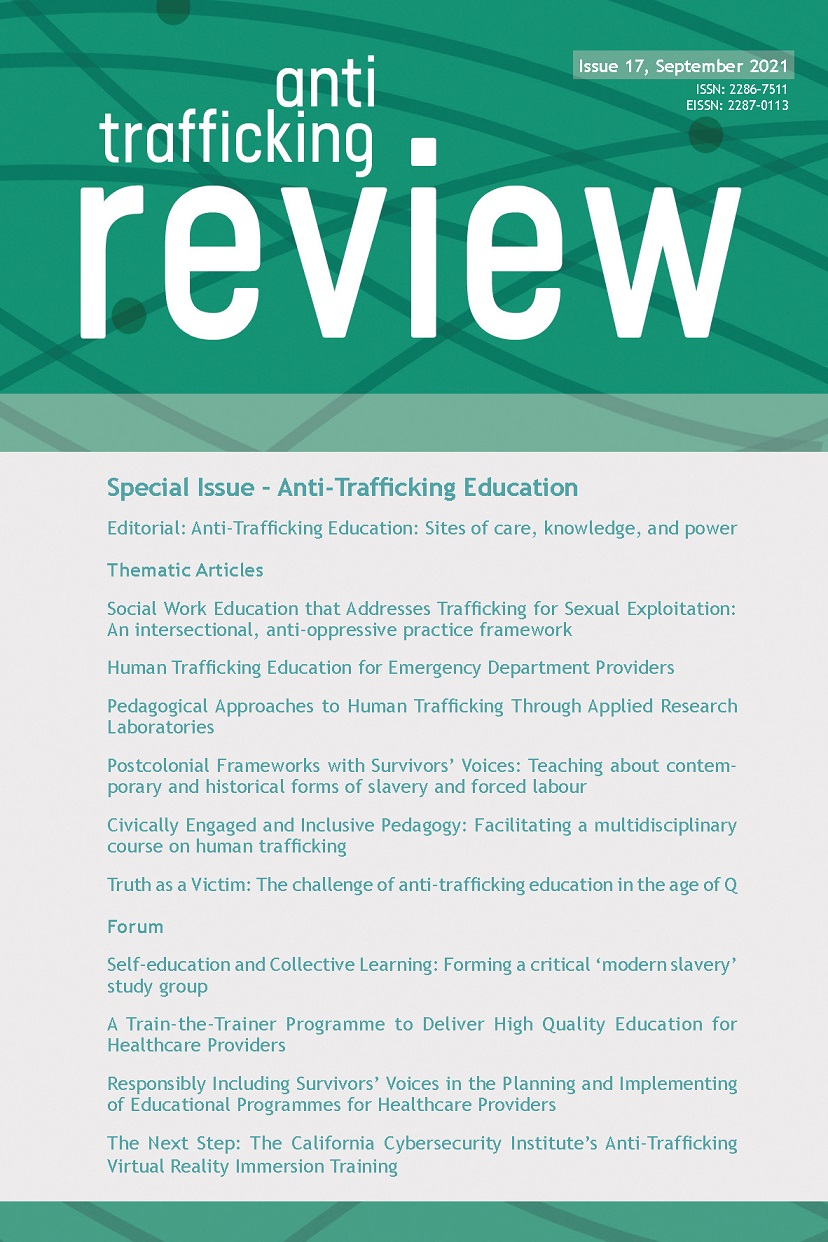
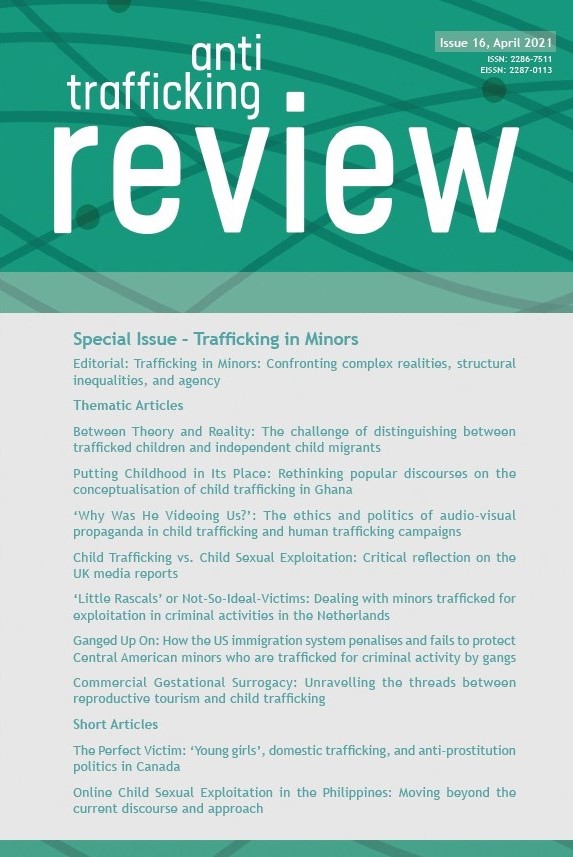
.pdf - Adobe Acrobat Pro 2_8_2021 4_36_32 PM.png)
